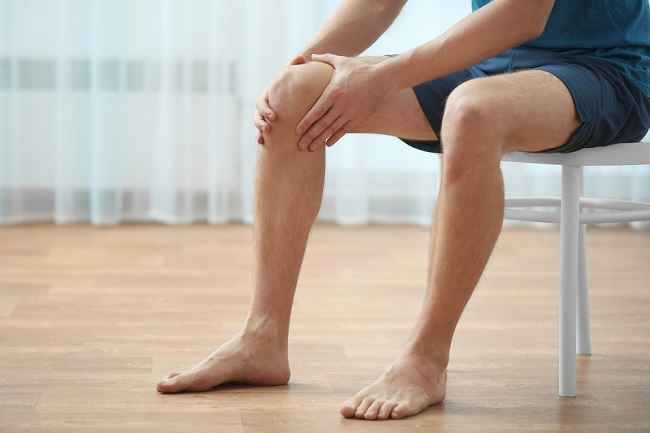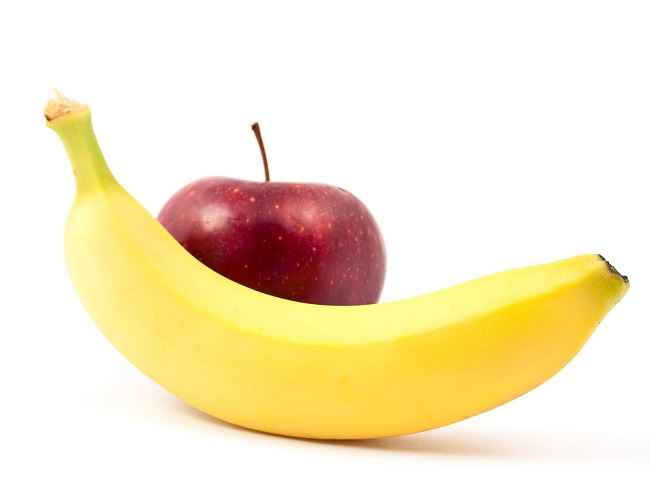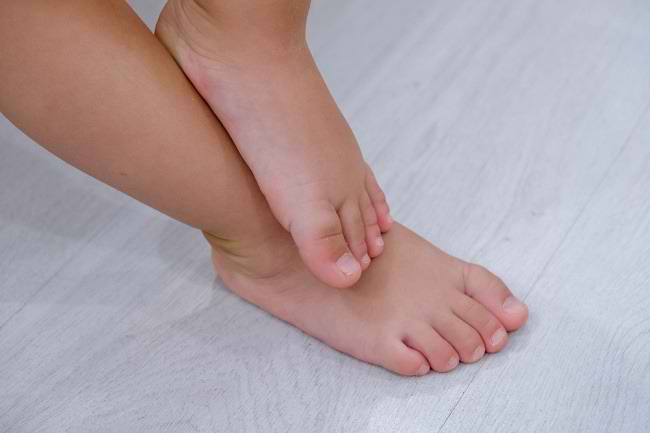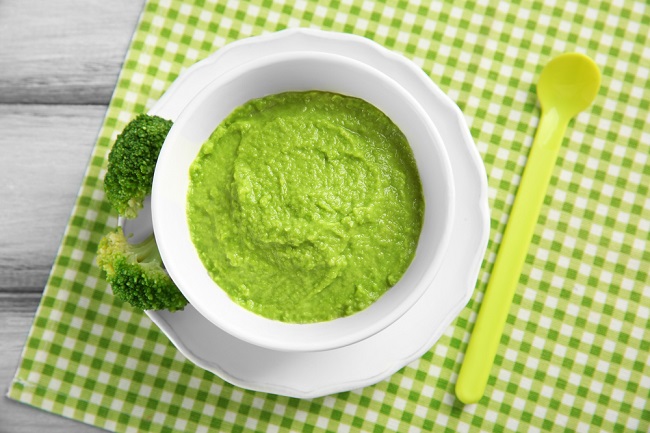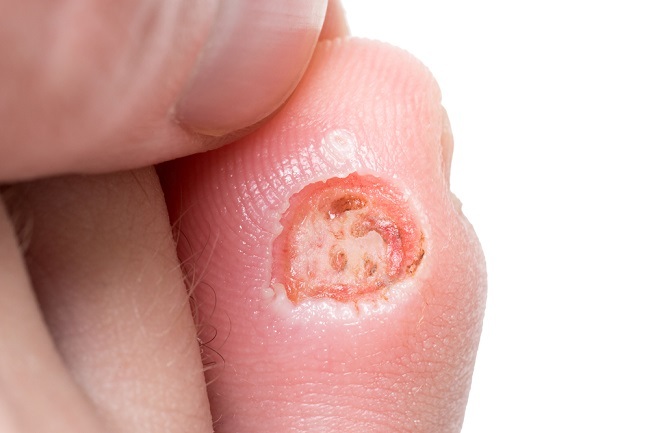Osteoporosis or bone loss does not only occur in the elderly. Young people can also experience this condition if their nutritional intake is not maintained. To meet nutritional needs, there are osteoporosis vitamins that can be consumed so that bones are not porous.
Weakening of bone strength can cause bones to become brittle and break easily. This condition generally does not cause pain or any symptoms, until the bone is broken only with a light impact.

Not only that, people with osteoporosis can also have a stooped body, especially in the elderly (elderly). This is because the spine is weak, so it is unable to support the posture.
Vitamin intake to maintain bone strength from an early age
The vitamin needed to prevent osteoporosis is vitamin D. This osteoporosis vitamin is needed by the body so that calcium absorption takes place properly. Calcium is a mineral that makes up bones. If calcium intake is good, bone density will also be maintained.
A study found that the content of vitamin D and calcium can increase bone density for women who have entered menopause. In addition, the benefits of osteoporosis vitamins are also useful to help cure rickets.
Osteoporosis vitamins are generally given to people who have vitamin D deficiency. Some of the conditions that cause a person to have vitamin D deficiency are:
- Milk allergy or lactose intolerance.
- Diseases that can inhibit the absorption of vitamin D in the digestive tract, such as Crohn's disease, celiac disease, and cystic fibrosis.
- Overweight or obesity.
- Kidney illness.
- elderly.
- Dark skin.
- Vegetarian diet.
- Rarely exposed to sunlight.
How Much Vitamin D Intake Does the Body Need?
In general, the amount of vitamin D intake needed is around 400-800 IU per day. However, a person's need for vitamin D may increase with age and how often the person is exposed to the sun.
The following is the recommended amount of vitamin D intake by age:
- Children ages 9-18 years: 600 IU per day.
- Adults aged 50 and under: 400-800 per day.
- Adults over 50 years: 800-1000 IU per day.
Although good for bones, osteoporosis vitamins should not be consumed in excess. Consumption of vitamin D should not exceed 4,000 IU in a day, because it can increase the risk of forming kidney stones. Consult with your doctor about the dose of vitamin D intake that suits your body condition.
List of Foods Containing Vitamin Osteoporosis
An easy way to get vitamin D intake is through sun exposure. In addition, you can also get it from various types of foods that are rich in this osteoporosis vitamin, namely:
- Egg.
- Dairy products, such as cheese and yogurt.
- Seafood, such as sardines, salmon, tuna and oysters.
- Green vegetables, such as spinach, mustard greens and okra.
- Orange juice.
- Soybeans.
- Oatmeal.
- Beef liver.
Insufficient intake of osteoporosis vitamins to prevent bone loss. Also do regular exercise in the morning sun, so that the bones remain strong and healthy. If necessary, consult a doctor to determine whether or not you need to take supplements containing vitamin D and calcium.


